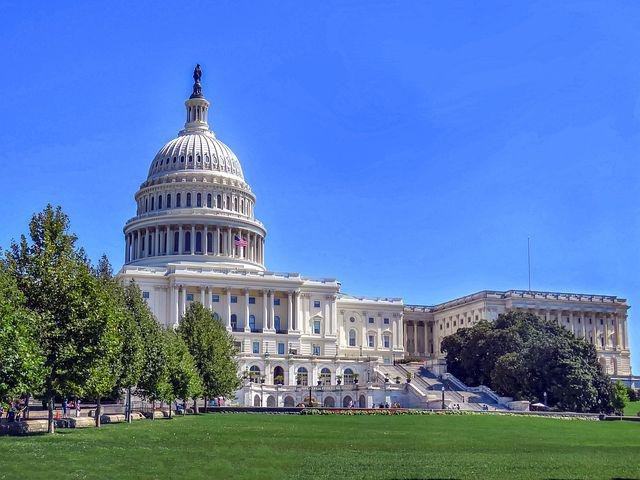
Government Basics
Our government was created with our participation in mind; sadly that has changed over the years. Our God-given rights are continuously threatened, and some even ‘removed’, by those whose job is to defend them.
As it stands, we are not all being represented equally in the legislature. Fortunately, the U.S. Constitution exists to prevent the government from infringing on our individual fundamental rights and civil liberties.
‘Big Government does not simply give power away; we must take authority over what is ours and take it back’ – so we must go to work for the sake of our community, our freedoms, and all else we deem sacred.
We can impact decisions made by our lawmakers by:
Getting informed, engaged and involved in what our representatives are doing by reviewing their legislative/meeting agendas and minutes;
Attending meetings, emailing, calling, giving public comment and testimony and/or by organizing groups of like-minded people to do the same;
Submitting filings, providing our representatives factual information and contacting pro-bono attorneys, for help.
There is power in numbers; as a group, we can accomplish more. Large groups are harder to ignore!
“We must, indeed, all hang together or, most assuredly, we shall all hang separately.”
Don’t underestimate how powerful you are, or how much of a difference you can make!
WHO ARE MY REPRESENTATIVES IN GOV’T?
FIND THE NAMES AND CONTACT INFO FOR WHO REPRESENTS ME ON THE FEDERAL, STATE, AND LOCAL LEVELS
City
The City Council and Mayor are the legislative branch of the City. They maintain and write ordinances or local laws. They maintain City facilities, such as parks, streetlights, and stadiums. In addition, they address zoning and building regulations, promote economic development, and provide law enforcement, public transportation, and fire protection.
County
The California Constitution authorizes a County to make and enforce local ordinances that do not conflict with general laws. A County also has the power to sue and be sued, purchase and hold land, manage or dispose of its properties, and levy and collect taxes authorized by law. The County also manages Sheriffs Department, Health Department, Elections, District Attorney and others.
State
The State Legislature is the governing body over each State. It determines policies to guide government agencies and the people.




